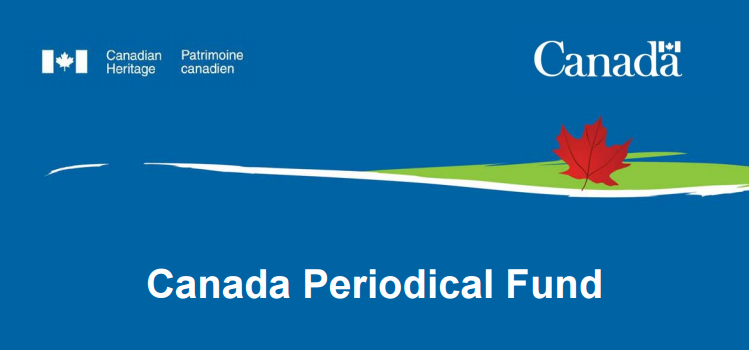Canada Periodical Fund changing with the times
By H.G. Watson, Associate Editor
The Canada Periodical Fund may broaden its horizons in the years to come.
Luc Marchand, the director of the Canada Periodical Fund, told attendees at MagNet, the annual Canadian magazine conference, on June 8 that the results of federal government consultations on media may impact how the fund designs its grants, and for who.
In the years to come, more program dollars may be extended to digital-only outlets, which are currently unable to access some portions of the fund.
The fund currently offers assistance to publishers of paid print magazines, non-daily newspapers and digital periodicals through two programs, one for business development and one for distribution, with a third funding envelope for industry associations. Currently digital periodical publishers can only access the business innovation program, and are excluded from support for distribution.
During the presentation, Mark Jamison, the president of envericom, a project management practice, said that government investment through the Canada Periodical Fund represents about 4 percent of value in the industry.
However, the amount of money distributed by the Canada Periodical Fund has been relentlessly dropping since the mid-1990s, a trend dramatically accelerated by the Conservative government. As well, J-Source recently reported on evidence that the program had become politicized, citing a business development grant to Briarpatch that was recommended for approval, but then rejected at the directive of former Heritage minister James Moore without explanation.
The last evaluation of the Canada Periodical Fund was in 2015, according to Marchand. During the talk at MagNet, Marchand told Jamison that the three main findings were very positive and that the program has been received mostly positively, and has met most of its objectives.
But change may come. The Liberal government’s push to examine and potentially radically alter Canada’s media laws may impact the fund. A standing committee on local media met throughout the winter, and consultations are coming on digital content creation, according to Marchand.
Marchand said that the switch to digital doesn’t seem to be as prominent in the world of magazines as it is in the newspaper industry. “Print is really strong (in magazines),” he said. But, he noted, more magazines now have a greater online presence.
No changes will happen without consultation with the Canadian magazine industry, he added, noting that it would be at least a year until the Canada Periodical Fund sees major change, if any.
Until then, there is the recently launched pilot program to fund digital start-ups, which Marchand hopes will help the Fund cover a broader base of the industry.
H.G. Watson can be reached at hgwatson@j-source.ca or on Twitter.
H.G. Watson was J-Source's managing editor from 2015 to 2018. She is a journalist based in Toronto. You can learn more about her at hgwatson.com.

